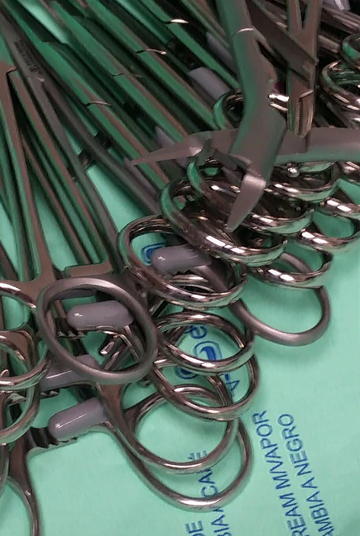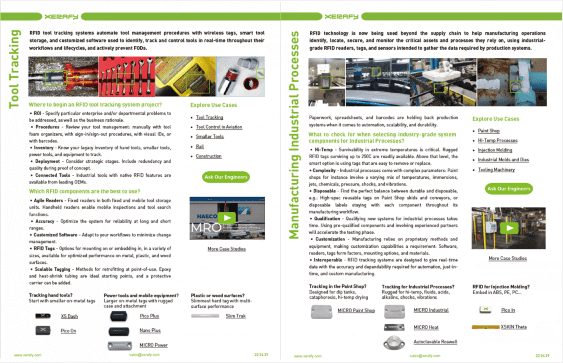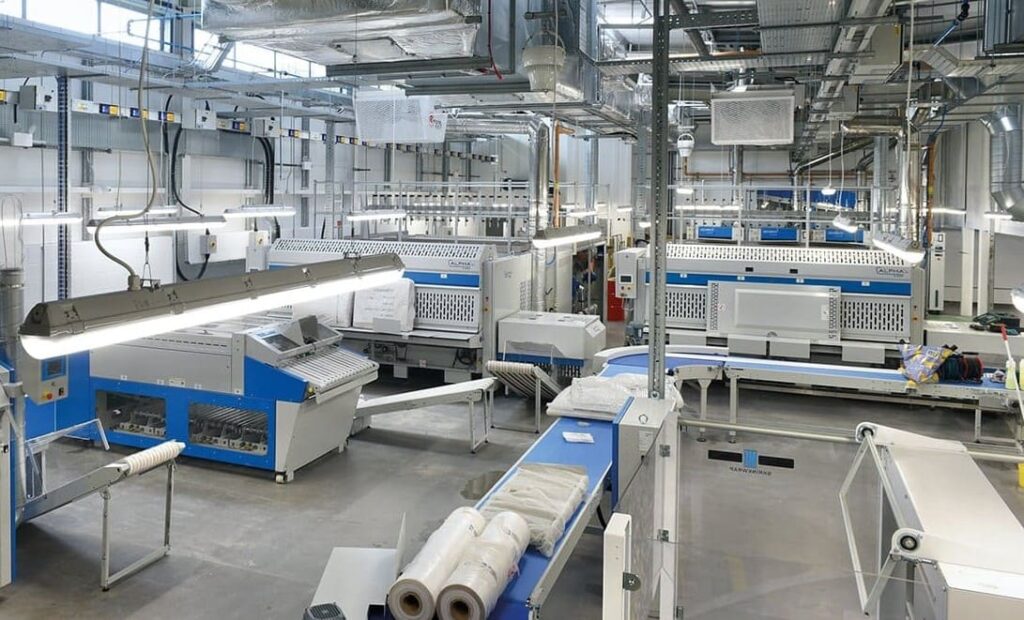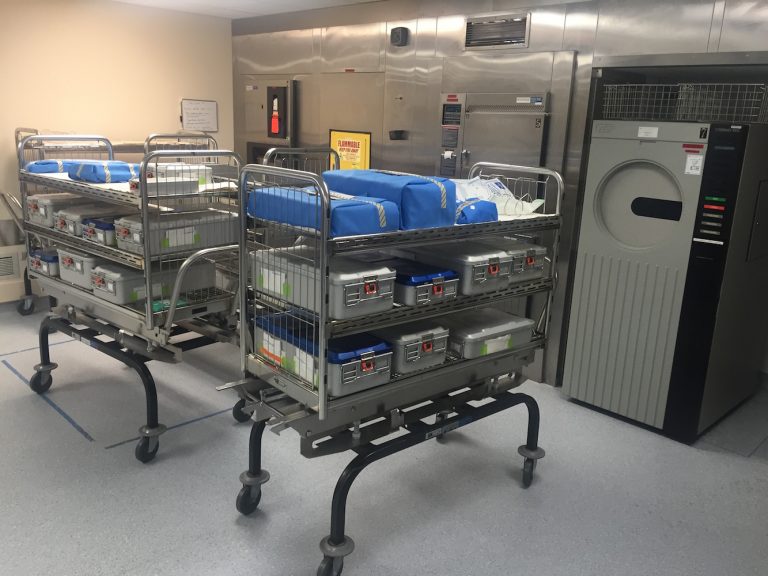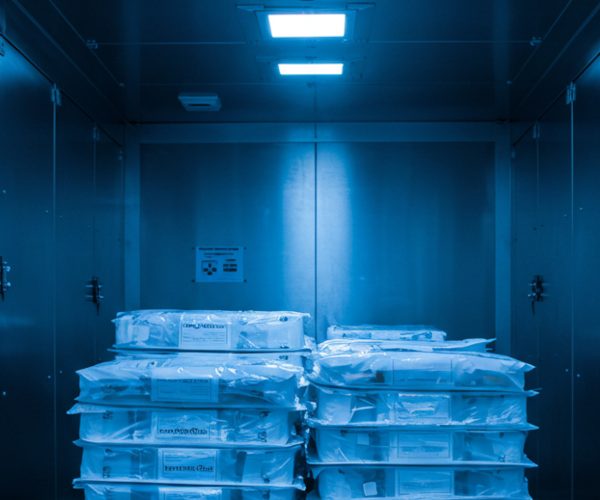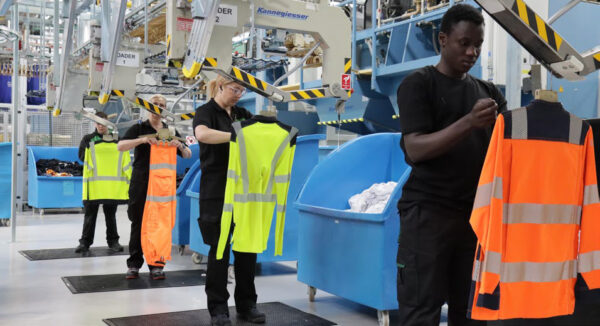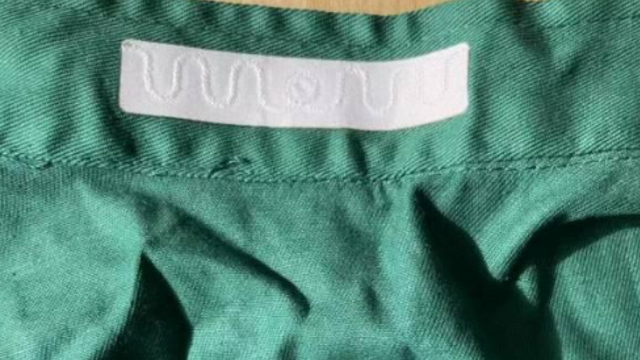Ixtapaluca Hospital (HRAEI) in Mexico City is a 246-bed hospital with 13 surgical rooms, serving a community of five million people.
Development and Operation of Hospital Infrastructure of Ixtapaluca (DOIHI), the asset management organization at the hospital will use Xerafy’s UHF RFID tags as part of its surgical instrument tracking system provided by Xerafy’s partner, HTK, to track and manage surgical instruments and other hospital’s assets. DOIHI is a division of the construction firm GIA, and provides surgical instruments and devices to HRAEI, in addition to maintaining and sterilizing the tools, providing asset management services.
Xerafy’s Autoclavable RFID tags are attached to each surgical instrument, and the unique ID number encoded to that tag was paired in the HTK software with details about the tool to which it was attached.

“We urgently needed a solution for the high cost of managing our surgical instruments and operation workflow,” said Jorge Mario Lopez Arango, DOIHI’s general manager. “HTK and Xerafy have delivered that to us. With this application, HRAEI becomes the first hospital in Mexico and Latin America to use RFID technology in surgical kits.”
“HRAEI has embraced RFID across its operations to improve efficiency and reduce costs,” said Gabriel Haddad, HTK’s CEO. “Xerafy’s autoclavable tags are a perfect fit for the surgical instrument tracking application, which will not only improve productivity but also enhance patient safety.”
Manual processes used to account for surgical instruments and devices sometimes result in miscounts or missing items. An automated surgical instrument tracking solution will help eliminate the time staff spends manually counting instruments prior to surgeries, after procedures, and for maintenance tracking.
The hospital staff uses handheld RFID readers to scan the tags and communicate the data to Android tablets running the HTK application. The tags are read during sterilization, during the building of surgical kits, and prior to each procedure. In the event of an error, the tablet displays an alert to the hospital’s staff.
Previously the staff had to unwrap the tools to visually count and inspect them prior to surgery. Now the data can be readily collected via RFID in seconds, and the instruments can remain in their sterilized packaging.
Xerafy’s tags were selected for this application because of its expertise and experience with RFID in Healthcare.
Xerafy’s autoclavable tags are the world’s smallest RFID tags with the ability to withstand the harsh environment of the autoclaves used to sterilize the instruments. Xerafy also provided expertise in providing the adhesive and lining for the tags.

Prior to the pilot, HTK and DOIHI autoclaved the tags 1,000 times to ensure their performance. Once the deployment is completed, Xerafy’s tags will be attached to 97 percent of the surgical instruments and devices in use at the hospital.
Xerafy is a pioneer in Healthcare RFID, bringing to market several innovations that enable advanced identification and automation capabilities.
In addition to a complete range of field-proven RFID tags available off-the-shelf, Xerafy offers Custom RFID Tags services, covering everything from a personalization service bureau to custom-design engineering capabilities.
